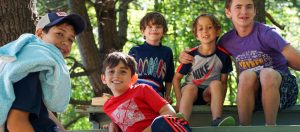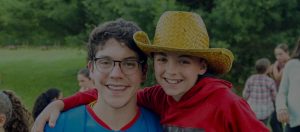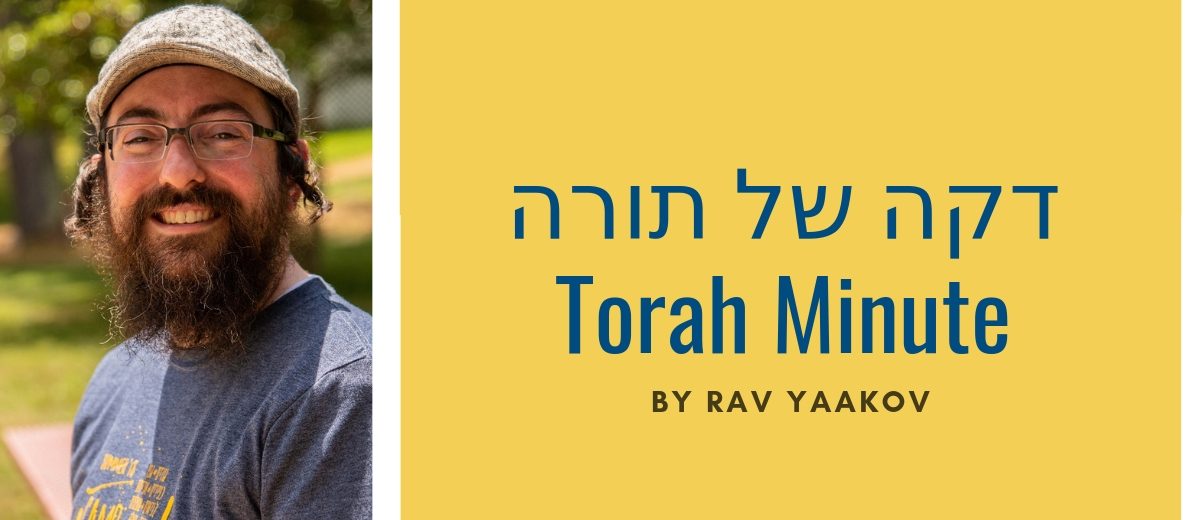After sending Egypt seven plagues in last week’s parsha and Pharaoh still being unmoved to let the Jewish people go, this week’s parsha begins with a new plague: locusts.
What’s so bad about locusts? Aren’t they just big grasshoppers? I live in Baltimore, where every 17 years we have a giant swarm of cicada locusts. They rise from underneath the ground, fly around blindly for a while, and eventually die. For a few weeks in the summer, the air is filled with them, the cacophony of their buzzing heard loudly in the trees. They’re kind of annoying and kind of cool and then they go away. (Google it. This is real – and completely shocking to those of us who move to Baltimore.) So again, what’s the big deal about locusts?
This is a pivotal parsha about change and transformation, the beginning of the actual exodus from Egypt. The pasuk says that the plague starts with a “Ruach Kadim,” a wind either starting in the East, or starting in the beginning of time, or starting at the source of creation. On this primeval wind the locusts flow into Egypt, because, as we learn, locusts are a symbol of drastic change.
To begin with, biology tells us that desert locusts are normally docile, solitary insects. But when rain and vegetation conditions combine so that they can easily multiply, they multiply extremely quickly, growing in the blink of an eye into a herd, then a colony, then a full-blown swarm. A hungry swarm, their bodies harden and darken to hunt for food. When they move, instinct tells them to unite, to move as one. The more of them that there are, the more the locusts change their nature from being calm loners to a ravenous mob. This is hinted at in rearranging the letters of the Hebrew word for locusts, arbeh, which is the same root as the Hebrew for “to multiply.”
The plague of arbeh turned locusts into creatures that would devastate the Egyptian crops and land, more severe than any other plague up to that point. God is showing the Egyptians how much their humanity can be deprived, in equal measure to their deprivation of the Jewish people’s humanity. Just as they stripped the Jewish people of everything in enslaving them, the locusts wipe away their food, the plague of darkness immobilizes their senses, and the plague of the death of the firstborn takes away their very lives, or the lives of their loved ones.
Just as locusts change from peaceful insects into a frightening swarm under certain conditions, too often throughout history circumstances have led human beings to change from being loving, critically-thinking individuals to an angry mob capable of attacking, even enslaving, others. The challenge given to the Jewish people in leaving Egypt was to be able to unite as individuals without devolving into a faceless swarm, but in growing into a true people and light unto the nations sanctifying God’s name. May we always continue to strive toward this goal. Shabbat Shalom.
Questions for the Shabbat Table:
- Can you think of a time in history when people acted like part of a swarm, like locusts instead of grasshoppers? What happened because of that?
- What do you think we can do to ensure that we have achdut, unity, without devolving into a mob?




